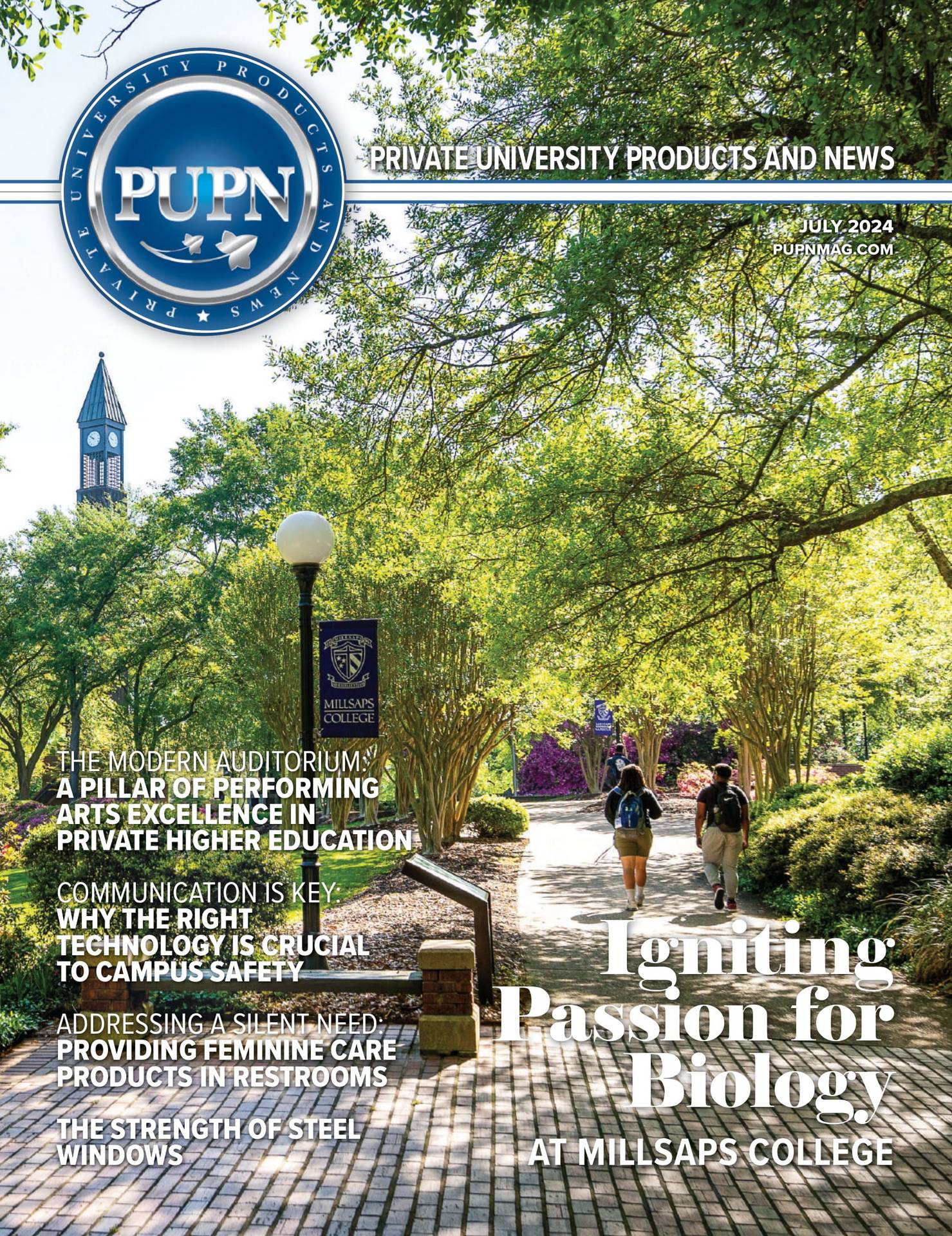Career Journey
Helfgott explains that her research goes in two directions: one is the applied research she conducts in service to community partners—often in collaboration with student researchers—and the other is her academic research and teaching in the areas of criminal behavior, psychopathy, and copycat crime. Helfgott’s most recent applied research has been done with the Seattle Police Department (SPD), focusing on community engagement. She has spent much of her career facilitating programs and conducting research in prisons and jails, including a prison art program called Creative Expressions, a restorative Justice program “Citizens, Victims, and Offenders Restoring Justice,” and reentry research following women exiting prison.
While Helfgott has published an astounding array of academic texts—and has served as faculty member at Seattle University for thirty years, including being department chair for sixteen—she had not originally planned to be a professor. In her early life, she knew people who had their lives drastically changed—some of them ended—by violent crime; she also knew people who committed crimes and had experienced the criminal justice system. These experiences sparked an interest in crime and criminal justice; after earning an undergraduate degree in Society & Justice and Psychology (having initially started out wanting to major in art), she facilitated art programs in prisons for years.
In a visit to Washington State Penitentiary, Helfgott saw Kevin Coe, a serial rapist and psychopath. Her interest in crime was rekindled; she planned to become a prison psychologist and applied to several clinical psychology programs. In response to her application to the clinical psychology program at Penn State, the school let her know that not only was her letter of intent more appropriate for the criminal justice program, but also that the criminal justice program gave her a teaching and research assistantship covering her full tuition. Within the field of criminal justice, she was still able to focus on psychopaths—a psychology topic—in her doctoral research.
Upon graduation, she applied to work at both criminal justice organizations and academic institutions, ultimately landing a position at Seattle University to be close to home—after a short tenure at Montana State University in the Department of Sociology, Criminal Justice, and Anthropology. In that role, she has worked with the criminal justice system at all levels, drawing students and fellow faculty members into all of the projects she is part of.
Faculty Collaborations
In one of many faculty collaborations, Helfgott worked with Elaine Gunnison—Professor of Criminal Justice, Criminology, and Forensics and Director of the Master of Arts in Criminal Justice program—in collaboration on a re-entry project for women who were released from the Washington Corrections Center for Women at Gig Harbor. The program focused evaluating the Seattle Women’s Reentry initiative program delivered by the IF Project (https://www.theifproject.org/) on helping the women to be more successful on release. Helfgott and Gunnison served as Principal Investigator and Co-Investigator on the project, then interviewed the women every month for a year after their discharge from the corrections center. These ongoing assessments allowed the researchers to see how the challenges that the women faced changed over time, thereby helping the program to offer more personalized and targeted support to the women.
In other collaborations, Helfgott and Gunnison conducted research with United States Probation and Pretrial Services and King County Department of Adult and Juvenile Detention examining the impact of community corrections initiatives.
Seattle Police Department Micro-Community Policing Plans
Helfgott has been instrumental in collaborating with the Seattle Police Department to develop, implement, and replicate the SPD Micro-Community Policing Plans, a multi-pronged effort to revolutionize the relationship between the police department and the Seattle community. This community engagement plan, now going into its ninth year, includes multiple components. One component is an annual Seattle Public Safety Survey that goes out to the Seattle public, including both residents and workers who may live elsewhere. The survey is translated into multiple languages, and it is disseminated as widely as possible in a variety of modalities to reach the most stakeholders possible. Another component of the MCPP is virtual community-police dialogues that Helfgott facilitates each week. These dialogues are organized with a frame of restorative practices; they allow members of the police department and members of the public to discuss the annual survey results and collaborate on responses.
Loren T. Atherley, Director of Performance Analytics and Research and Senior Research Scientist for the Seattle Police Department—as well as an alum of Seattle University’s Master of Arts in Criminal Justice program—focuses on crime and intelligence analysis, along with data engineering and services in his work for the SPD. Within Seattle’s eighty-four square miles, he says, there are fifty-eight neighborhoods. Under the umbrella of the Micro-Community Policing Plans, research assistants from Seattle University work with the captains of the five precincts and can review the data with the captains in real time. These embedded student researchers work within each neighborhood to talk to community members and build relationships; their insights are included in the ongoing policing plans. Because residents may have different concerns about the crime data than the police do, these relationships and insights are crucial to having information flow both ways.
The National Institute of Justice recently recognized the SPD as a model for public safety priorities as it has focused on controlling crime by way of concentrating on community needs. The Micro-Community Policing Plans will be replicated in Denver beginning this fall; Atherley says that it is becoming a standard metric for approaches to policing across the nation—and Helfgott has been a critical partner in developing the MCPP, administering it, and participating in a continuous process of “understanding what the community expects of the police.”
Crisis Intervention Program
In Helfgott’s work with the SPD’s crisis intervention program, she has been “instrumental in evaluating current offerings and future aims to improve these contacts,” says Daniel Nelson, Interim Assistant Chief of the Seattle Police Department. Helfgott has been a member of the crisis intervention center that was established by the consent decree from the NIJ. Previously, the SPD had a crisis solution center that offered post-arrest, pre-booking options for people with mental illnesses. If those with mental illnesses agreed to engage in the program voluntarily—and they stayed in the program until completion—the charges would not be pressed. This option allowed the SPD to construct a continuum of care and hand these offenders off to partner organizations where they could be stabilized. The crisis center was underutilized, however, Nelson reports, because of some of the requirements that made otherwise good candidates ineligible for the program. Helfgott secured a graduate student intern who analyzed the arrests and the screen out criteria. The data empowered Nelson to change the screen out criteria to better utilize the program to serve this population. Without Helfgott’s support and the intern’s work, Nelson says, he would not have had the information needed in order to make these data-driven decisions.
Before the Badge
This pre-police academy initiative implemented by Seattle Police Chief Adrian Diaz introduces recruits to the community before they begin training as police officers. Helfgott is serving as principal investigator (with Matt Hickman Seattle University Department of Criminal Justice, Criminology, and Forensics Department Chair as Co-Investigator) to conduct a three-year longitudinal study on its effectiveness. Helfgott also facilitates a special series of Before the Badge Community-Police Dialogues as part of the MCPP where community members can engage in conversations with the new recruits and recruits can learn about Seattle neighborhoods. Atherley says that it is critical to bring police recruits to this type of discussion so that they can have a foundational understanding of what’s important in the SPD; once they get into the job, they can remember those foundations so that policing becomes about delivering service. Helfgott’s longitudinal study will guide the SPD to build the program into “something sustainable,” says Atherley.
Continuing Mentorship
Helfgott constantly searches for ways that her students can gain research experience, Gunnison notes. The entire criminal justice department at Seattle University hopes to make its students agents of change, Gunnison says, “because you can’t always change systems from the outside.” Helfgott invited student researchers to serve on research teams for the Before the Badge program, both for the Before the Badge Community-Police Dialogues and the Before the Badge Longitudinal Evaluation. Students also co-write op-eds for the Seattle Police Initiatives. Gunnison says that SUCJ graduates have gone on to become police officers, crime prevention coordinators, crime analysts, intelligence analysts, medico-legal death investigators, and other criminal justice careers and/or have entered doctoral programs, and the applied experiences they get are helpful as they move into any of these roles.
Helfgott continues to collaborate with her students as they move into their careers. Atherley, who considers himself a “pracademic,” or scholar-practitioner, in an embedded academic role at the SPD, says that Helfgott chaired his master’s thesis and they have now been working together for about fifteen years.
Beck Strah, Assistant Professor in the School of Justice Studies at Roger Williams University, says that he met Helfgott at his graduate student orientation event, and he later became Helfgott’s research assistant. That project looked at Washington State’s policy of holding sexually violent predators under “civil commitment,” meaning that these inmates continued to be detained after their sentences were served. Through this experience, Strah learned from Helfgott how to manage a project, present at academic conferences, and develop a book chapter from the work. While Strah had become a corrections officer after graduation, he became increasingly interested in academic work. His ongoing research relationship with Helfgott led him to the doctoral program at Northeastern, and Helfgott served on his dissertation committee. The two continue to research and publish together, and he is thankful for her continuing advice and mentorship. They are currently working on a book project titled Criminal Psychology: History, Practice, Research, and the Future in which Strah has taken on the lead author role.
Embracing TikTok
This fall, Helfgott is teaching an asynchronous, online course called “Murder Movies and Copycat Crime” based on her just released book, Copycat Crime: How Media, Technology, and Digital Culture Influence Criminal Behavior (https://www.bloomsbury.com/us/copycat-crime-9781440864209/). She has also been fascinated with TikTok since the pandemic. Putting the two ideas together, she is making TikToks on copycat crime cases for the class. The idea germinated when she had students in her psychopath class do case studies, and she mentioned to the students that she was thinking about creating a TikTok account for her Copycat Crime book. One student offered to use TikTok as the platform for her Psychopath case study to show her how it’s done. She says that learning to use TikTok—and meet audience expectations—has been a fun learning process.
Renaissance Researcher
In every facet of her work, Helfgott embodies a wide variety of remarkable strengths—strengths that those who know her are quick to highlight. Atherley says that the SPD is “lucky to have Helfgott and her ability to think flexibly.” He aspires to emulate her abilities as a “Renaissance researcher”—one who is adept at employing mixed methods and drawing on multiple disciplines, including psychology, sociology, cultural and media studies, and criminal justice. Gunnison appreciates Helfgott’s example as “an innovator and trail blazer” who has “always spearheaded efforts for community engagement.” Strah calls attention to Helfgott’s unsurpassed work ethic as well as her constant attention to helping students reach their own goals. In all of these areas, Helfgott offers both model and inspiration to community-engaged researchers in every field.










